Online marketing has developed into a potent tool for firms in the digital age of today to reach their target audience and boost sales. However, online marketing entails a number of risks, just like any other aspect of the internet. In this post, we will investigate the issue of “Is online marketing safe?” and provide you with advice and pointers on how to navigate the world of Internet marketing securely and successfully.
Understanding online marketing
Anything that is done in the name of marketing and is done online is referred to as online marketing. Search engine optimization (SEO), pay-per-click (PPC) advertising, email marketing, social media advertising, and other forms of promotion can all fall under this category. Driving traffic to a website or online store is the aim of Internet marketing, which also aims to advertise goods or services. Businesses may communicate with potential clients on a huge range of platforms thanks to the Internet
Is Online Marketing Safe?
The development of the internet has altered how companies connect with their target markets. Due to its ability to reach a larger audience at a lesser cost than conventional marketing strategies, online marketing has grown to be a well-liked and efficient technique for companies to advertise their goods or services. However, a lot of people and businesses are starting to wonder whether online marketing is safe or not. We’ll talk about the dangers of internet marketing in this post, along with some precautions you may take.
The Benefits of Online Marketing
For companies of all sizes, online marketing has several advantages. The following are some of the biggest benefits of digital advertising:
Wider Reach
Compared to conventional marketing strategies, online marketing enables firms to reach a larger audience. Online marketing efforts may target a huge and varied set of prospective clients due to the fact that there are billions of internet users globally.
with targeted advertising
Businesses may target certain demographics, interests, and behaviors through online marketing, making their advertising efforts more successful and efficient.
lower costs
Traditional marketing strategies like print or television advertising are frequently more expensive than online marketing. All sizes of businesses can benefit from digital advertising because it can be customized to fit any budget.
A Greater Engagement
Through social media, email marketing, and other channels, online marketing provides opportunities for greater customer engagement. Increased brand advocacy and client loyalty may result from this involvement.
The Risks of Online Marketing
Online marketing has a lot of advantages, but it also has certain hazards. The following are some of the biggest hazards associated with digital advertising:
Privacy Issues
Since online marketing involves the collection and use of personal data, customers may have privacy issues. Identity theft, financial fraud, and other forms of cybercrime can result from the unlawful use of personal data.
Data Breaches
When personal data is lost or compromised, online marketing also carries the danger of data breaches. Businesses that experience data breaches may suffer major financial losses as well as harm to their reputation and clientele’s confidence.
Ad fraud
In the realm of Internet marketing, ad fraud is an issue that is becoming worse. Ad fraud happens when misleading or fraudulent advertising impressions are produced, wasting advertising dollars and decreasing campaign effectiveness.
Brand Safety
Brand safety problems can also affect online marketing initiatives. A brand’s reputation can be harmed by offensive or inappropriate material, which can also cost consumers money.
Cyberthreat types
When performing online marketing, organizations need to be aware of a variety of cyberthreat types. Phishing schemes employ phony emails or websites to persuade consumers to divulge private data, including passwords or credit card details. Any form of malicious software intended to harm or interfere with computer systems is referred to as malware. Malware known as ransomware encrypts data and demands money in return for the decryption key.
Cybersecurity measures for online marketing
organizations should have firewalls, antivirus software, and encryption in place to defend themselves from cyber-attacks. Additionally, they ought to train staff members on how to identify and steer clear of phishing scams and other forms of cyberattacks. Data backups on a regular basis might also lessen the effects of a cyberattack.
How to Ensure Online Marketing is Safe
Despite the risks of online marketing, there are measures that companies can take to guarantee the security and safety of their digital advertising campaigns. Among the top recommendations for secure Internet marketing are:
Data security
Organizations should take precautions to safeguard customer data, such as encryption, data storage, and data access restrictions. Additionally, businesses should allow customers to opt out of data sharing and be open about how they collect and use that data.
Ad Verification
By ensuring that advertisements are being shown to actual customers on reliable websites, ad verification technologies may assist organizations in identifying and preventing ad fraud.
Brand Safety Tools
Brand safety tools may assist companies in keeping an eye on their advertising efforts and making sure that their advertisements do not run on rude or unsuitable websites.
Giving personal data responsibly
Carefully read the privacy policy and terms of service before giving personal data for online marketing reasons. Don’t share sensitive information like social security numbers or bank account numbers; only supply what is necessary.
Regular security measure monitoring and updating
When taking part in online marketing activities, it’s crucial to routinely check and update your security measures. This includes employing antivirus software, installing security updates, and often changing passwords.
Types of online marketing
Email marketing
Email marketing entails sending commercial emails to a list of recipients. This kind of marketing works well for establishing rapport with clients, generating leads, and boosting revenue.
Social media marketing
Social media marketing is the practice of promoting goods or services on websites like Facebook, Twitter, and Instagram. This kind of marketing works well for expanding the audience it reaches and increasing brand recognition.
display advertising
Placing advertisements on websites, mobile applications, and social media platforms is known as “display advertising.” This kind of marketing is successful in bringing in leads and increasing revenue.
Search engine marketing
Pay-per-click (PPC) advertising on search engines like Google and Bing is used to promote goods and services. This kind of marketing works well for bringing in targeted visitors and generating leads for websites.
Building Trust in online marketing
Businesses that wish to use secure internet marketing must first establish trust. They should be open and honest about their marketing strategies, and they should make sure that their efforts are morally and legally compliant. Additionally, they ought to make their privacy policies explicit and secure their websites using
Best practices for safe online marketing
To engage in safe online marketing, businesses should follow best practices such as:
- frequent security inspections of their website and marketing initiatives
- Clear opt-in and opt-out alternatives should be provided for email marketing.
- avoiding spammy marketing strategies like purchasing email lists or cramming keywords
- Employing trustworthy online marketing services that put cybersecurity and data privacy first
The role of government regulations
Safe internet marketing tactics are ensured in large part by governmental restrictions. Guidelines for enterprises addressing data privacy and security are established by laws like the General Data Protection Regulation (GDPR) and the California Consumer Privacy Act (CCPA). Businesses that break these regulations risk heavy penalties and harm to their image.
Ethical Considerations in online marketing
Secure internet marketing involves several ethical issues. Businesses should make sure their marketing strategies are honest and do not mislead or deceive. Additionally, they should put the customer experience first and make sure that their marketing campaigns add value without being overbearing.
Online marketing for small businesses
For small businesses wanting to grow their customer base and compete with bigger corporations, online marketing may be a useful tool. Small organizations, however, might not have the money or knowledge necessary to put reliable cybersecurity safeguards in place. Small companies should think about partnering with reliable internet marketing providers that place a high priority on cybersecurity and data protection in order to reduce this risk.
Conclusion
Online marketing offers a variety of advantages, but it also carries a number of hazards. To maintain safe internet marketing tactics, it is crucial to be aware of the hazards and take the appropriate precautions. Businesses and people may securely engage in online marketing activities by utilizing secure websites, verifying sources, exchanging personal information with care, and routinely checking and upgrading security measures.
[FAQ]
What are the benefits of online marketing?
Online marketing has several advantages, including increased reach, reduced expenses, and the opportunity to target particular demographics.
What are some common fraudulent activities in online marketing?
Click fraud, phishing, and spamming are typical fraudulent practices in Internet marketing.
Is it necessary to hire a professional to ensure the safety of my online marketing activities?
While it is not necessary to hire a professional, it is important to have a basic understanding of safe online marketing practices.

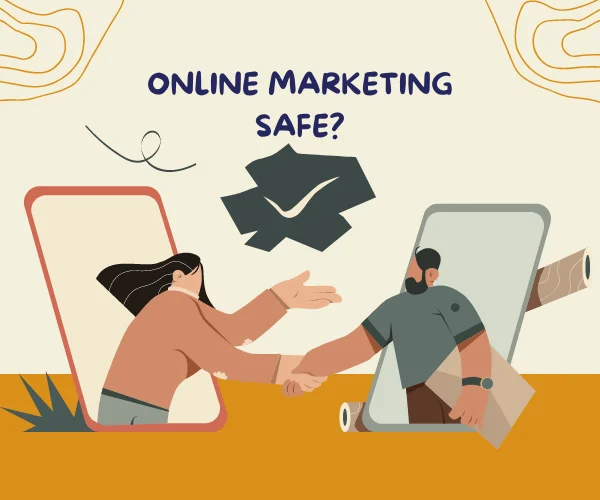
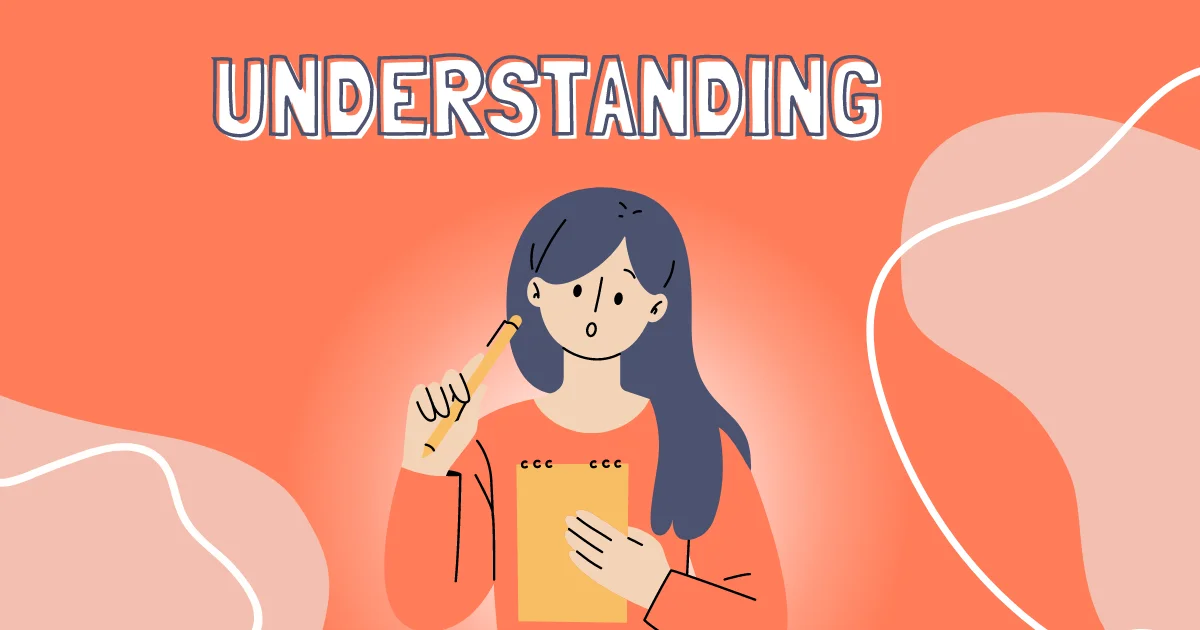
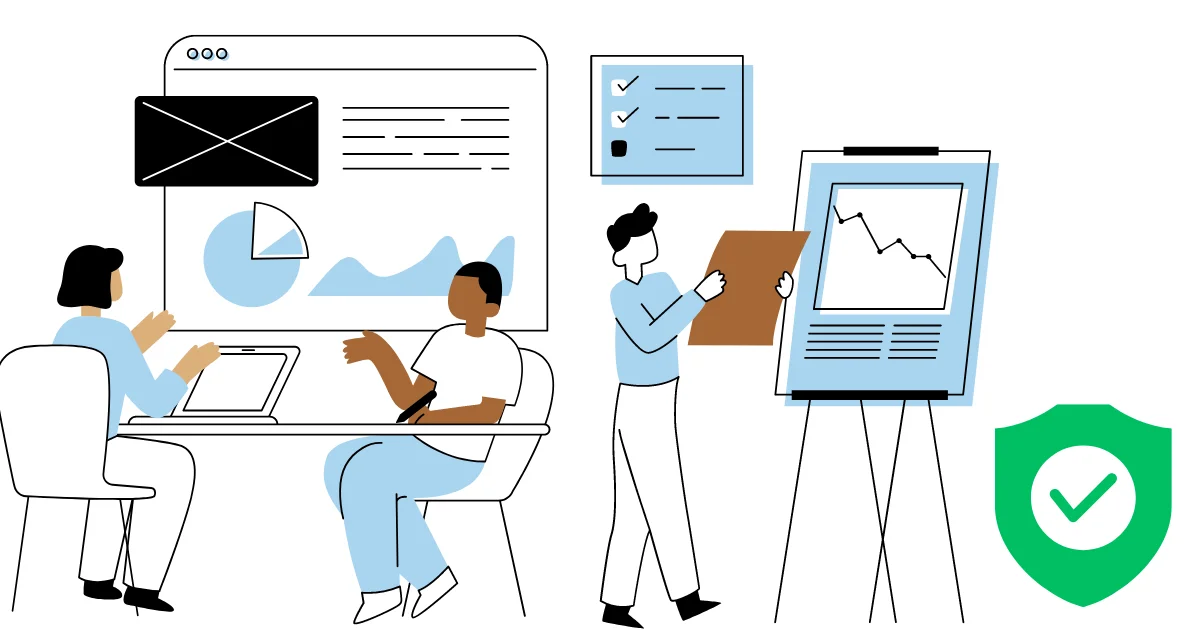

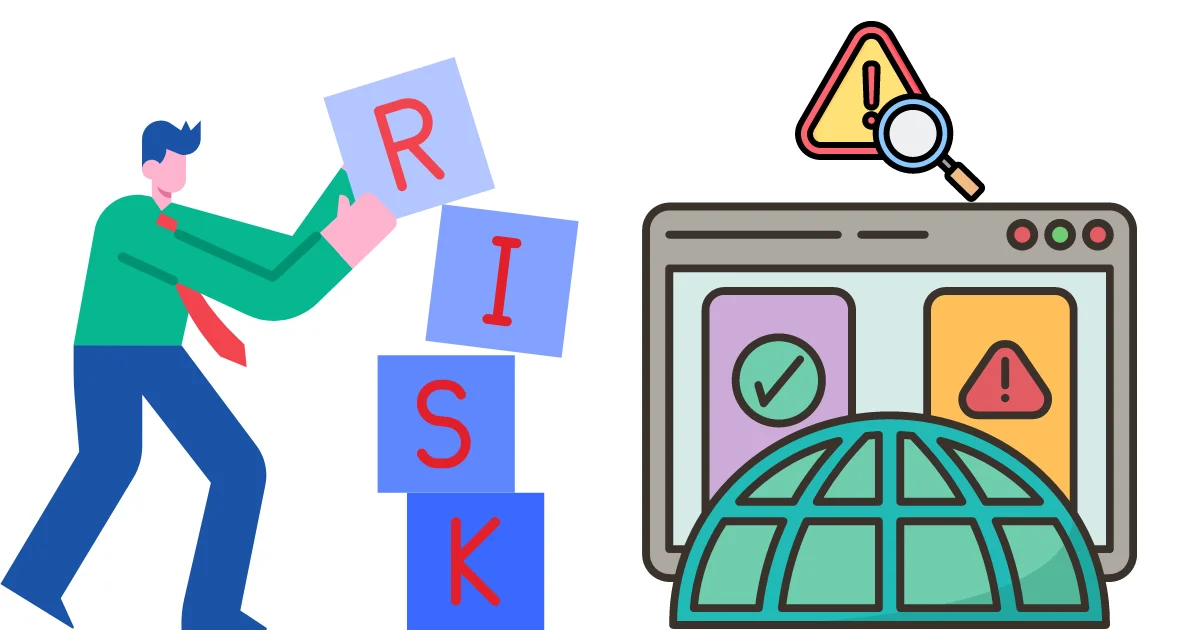
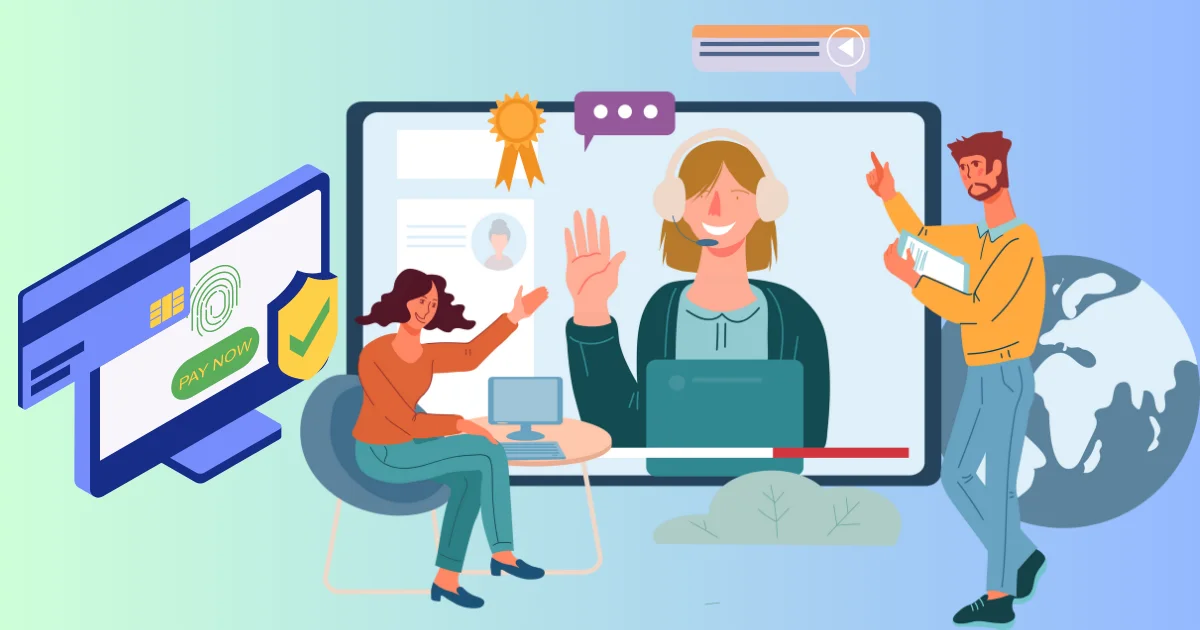
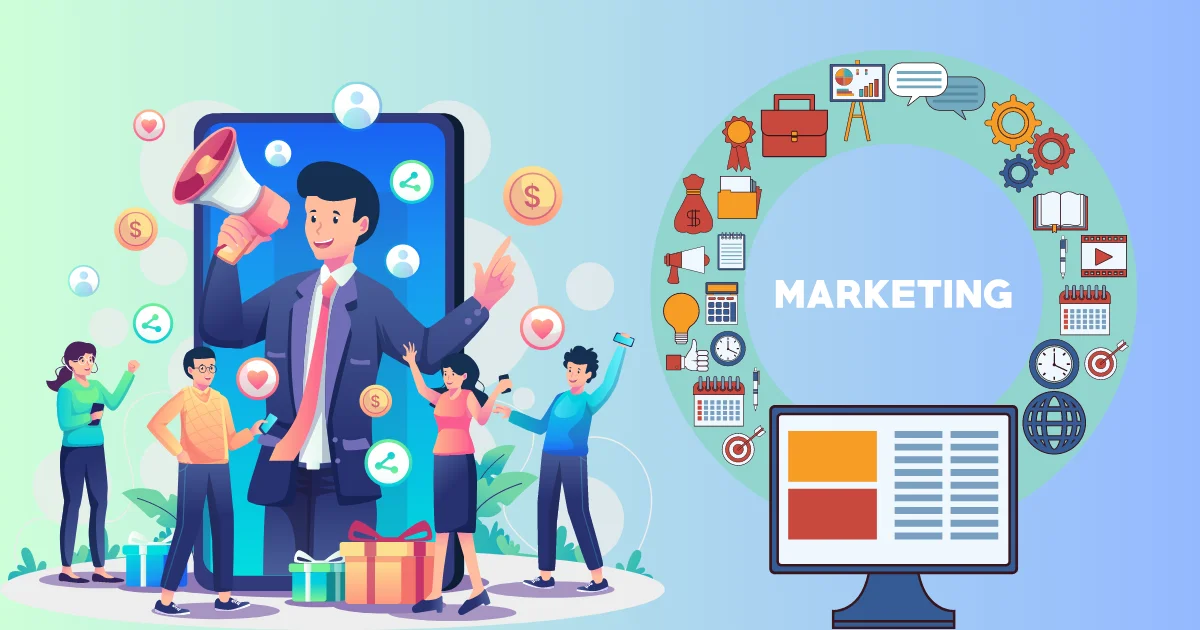
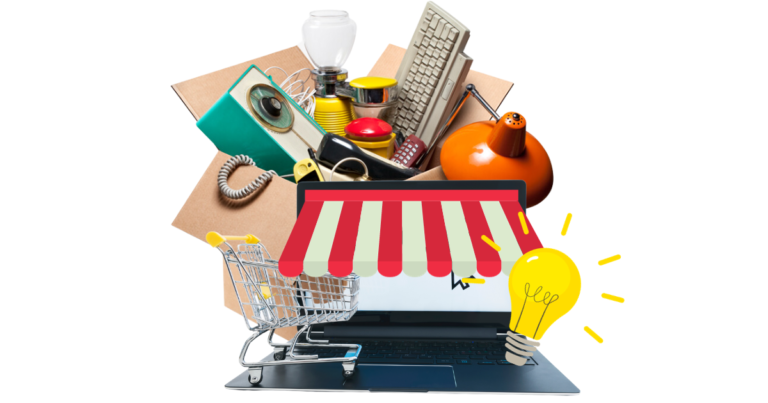
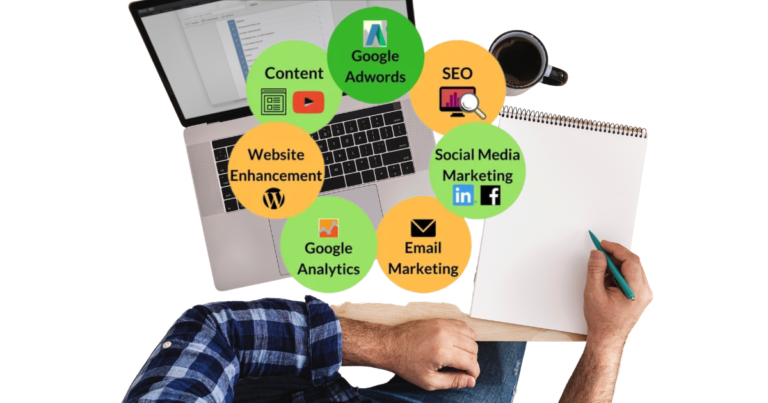

Very good